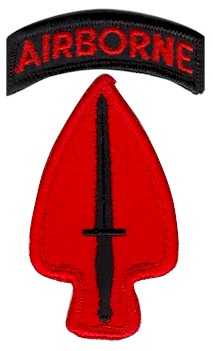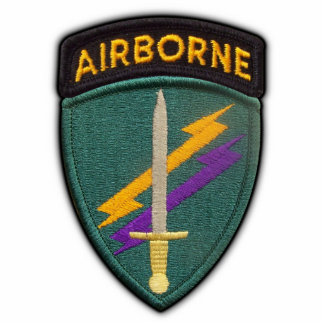When I was young the ruck marches weren't bad. Doing them in my 40's it was my lower back and the the straps digging in my shoulders, my legs weren't the issue they were fine, hell my legs aren't the issue when I do heavy squats, it's always my lower back.
As far as the PT test, I'd say I'm above the 80%, the push ups and sit ups I am close to maxing, it's the run that kills me, but I'm still over the 60% I think my time was around 14 minutes the last time I did it. I just looked at the standards, did they lower them? I could have sworn they were harder when I was in, I seem to remember to get a 100 on the run you needed to be under 12 minutes, now it looks like it's 13 minutes. Now you've got me considering doing a test, might do it next weekend.
You must have been reading my mind about the Grenada thing. The drowning thing, that was unfortunately a case of people and an organization not knowing or admitting it's limitations. To the best of my knowledge they never found the bodies of the four either. You could be Mike Phelps and still drown if the conditions are bad enough. As I said before from working with commercial divers that worked on Navy bases, they were very unimpressed with the SEALs in regards to their diving abilities. Basically, they don't do it enough to be "world class" they as you probably accurately put it "spend too much time playing soldier".The other issue was that the SEALs didn't have proper commo gear or proper maps so the contingents that took the governor's mansion and radio station faced Grenadian reinforcements without adequate air support or support at all in the case of the radio station where the team had to abandon their objective, the governor's mansion team lucked out that the Marines came in to back them up. The SEALs had a couple bad runs in the 80's of trying to punch above their weight class, similar thing in Panama, they sent a "team" of around 100 SEALs to take the Panamanian airport where Noriega housed his private jet. The SEALs completed the job, but suffered a lot of casualties, it was too large a group to coordinate for an organization that normally works in groups a quarter that size or smaller. First off the mission should have gone to the Rangers since they practice airfield assaults as part of their bread and butter, the reasoning behind using the SEALs baffles me. Their assault on Noriega's personal yacht was also a strange situation, the guys that assaulted used re-breathers and due to active shipping they ran a real risk of oxygen toxicity since they needed to go lower to avoid the ships. They did it, I believe at least one of the guys had to go through treatment, but why? Why not just have a helicopter run in do a rocket attack instead of risk the lives of high cost assets just so they could say "we attached some explosives to an over priced yacht". I know Marcinko was replaced before Grenada, but all those early mishaps I think rest squarely on his shoulders. The early days of team 6 were rife with in fighting and ego driven decisions that weren't the best for developing a unit like that, the one thing he was good at was getting funding for their training. I've read a couple books by Vietnam era SEALs that didn't have much good to say about him.
Didn't you guys do any water confidence training? That surprises me, I'd think with at least the prospect of river crossings or something like that you'd do at least something. I mean the Marines have a water confidence portion of their basic. Not the hands tied behind the back thing but at least something. I remember we'd have at least a few days a year training at the units, but it wasn't a qualification thing more of an orientation/experience thing. The funniest time, the 1st Sgt (black guy, which you'll understand why I'm qualifying that) basically said "all strong swimmers to the right, all average swimmers to the middle and all you poor and non-swimmers go to the left" so we all divide up and the 1st Sgt looks at us, just shakes his head and says "I should have just said all white guys to the right and all you N to the left" then there were the series of jokes about throwing the basketballs in the water as floatation devices. We had to swim fully clothes and boots holding the weapon out of the water the entire distance, wasn't bad as long as you didn't bump into someone and mess up your rhythm.
The women in infantry units thing I think is overblown, there will never be a large number of women that want to do that, it's at best going to be an anomaly. Although I respect your view, I think it's something people make more out of than it need be. I think it'll be like most things, once they are allowed to do it, it will lose its appeal and fewer will even want to. I can see an advantage to having women trained especially in situations like Afghanistan where the women won't talk unless it's to another woman.



